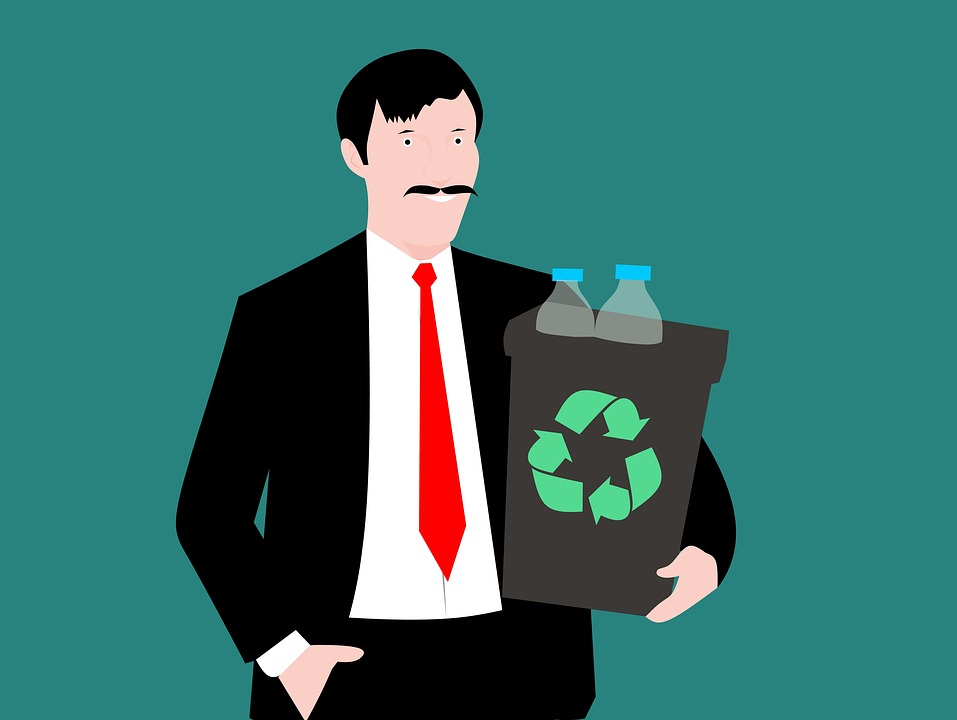It’s not every day that we see a game-changing waste and recycling technology come along. Nevertheless, using a type of bacteria, Canadian-based researchers partnering with a Toronto-based start-up have found a way to turn food waste into compostable plastic.
 |
Can we Recycle Organic Food Waste into Compostable Plastic – a new Era in Food Waste Management |
Genecis is a company based at the University of Toronto and they’ve been doing research into how to get the most from the city’s green bin waste. Surprisingly, the company has made a significant discovery. Using waste like banana peels and cardboard takeout containers, Genecis developed a process to produce a petroleum alternative for plastic.
Imagine living in a world where the plastic we use is just as decomposable as the food we waste. Before now, this world has never been possible. The team at Genecis has defied this, producing plastic from biological waste to be theoretically used in straws, coffee pods, and food packaging.
How the team at the University of Toronto was able to do this is a little complicated. The team harnesses a type of bacteria known as PHAs, otherwise referred to as ‘polyhydroxyalkanoates’. This is a plastic-making bacteria that eats waste. It’s pre-processed by other bacteria, essentially manufacturing PHA into smaller, molecular bites. Genecis has referred PHAs as “sort of like the fat of the bacteria”. As PHAs eat, they essentially turn themselves into plastic. This plastic is then extracted from the bacteria and turned into pellets which can then be moulded into plastic products.
A truly amazing discovery, Genecis has already signed an agreement with select Ontario companies who are planning on using these plastic pellets to make coffee pods and plastic printables for 3D printers.
PHA is already in the marketplace internationally and in Canada. As it’s biocompatible and biodegradable, PHAs are already commonly used in medical applications like heart valves and dissolving sutures. The cost of PHAs is what has always prevented them from being used more widespread.
Existing PHAs are made from things like sugar cane, corn, and canola – all quite expensive and as much as 4 times higher than the plastics being used today to manufacture everything from pop bottles to yogurt containers. Now that Genecis has developed a process to create PHA-based plastics from food waste, it’s lowered costs tremendously. The hope is that this will lower PHA production costs by minimum 40 percent.
Companies like this that are able to use food waste to produce compostable products demonstrate how a future could involve zero waste. ‘Waste’ as a concept may not one day actually exist, at least not in its’ current state. Could we one day achieve a future where every product we use is recyclable – potentially. Consumer waste is an opportunity, not a burden. There may be future chances to do wonderful things with waste, similar to what Genecis has done.
As it decomposes, our food waste releases methane, a greenhouse gas up to 20 times more potent than carbon dioxide. Because of that, Canada’s landfills account for up to 20 percent of Canada’s methane emissions. As we continue to curb emissions via composting, organic food waste recycling facilities, and initiatives through companies like Genecis, there’s no telling what Canada’s future holds. Nevertheless, the waste management and recycling game just got a whole lot more interesting!